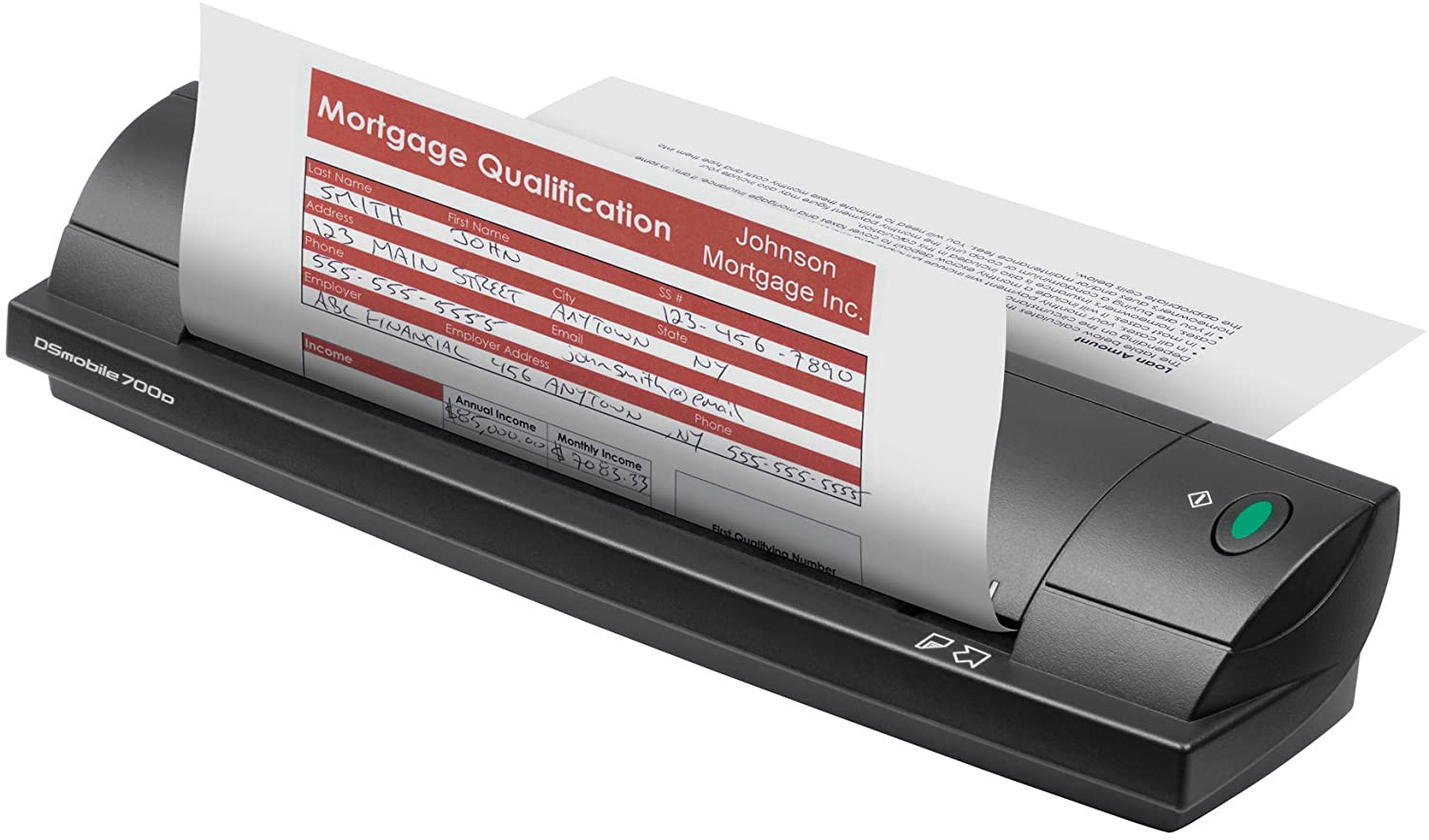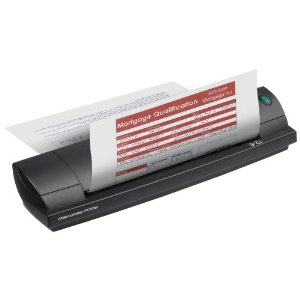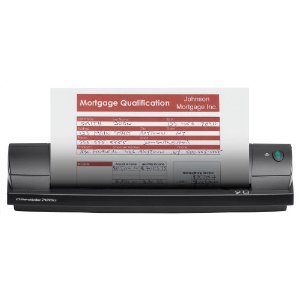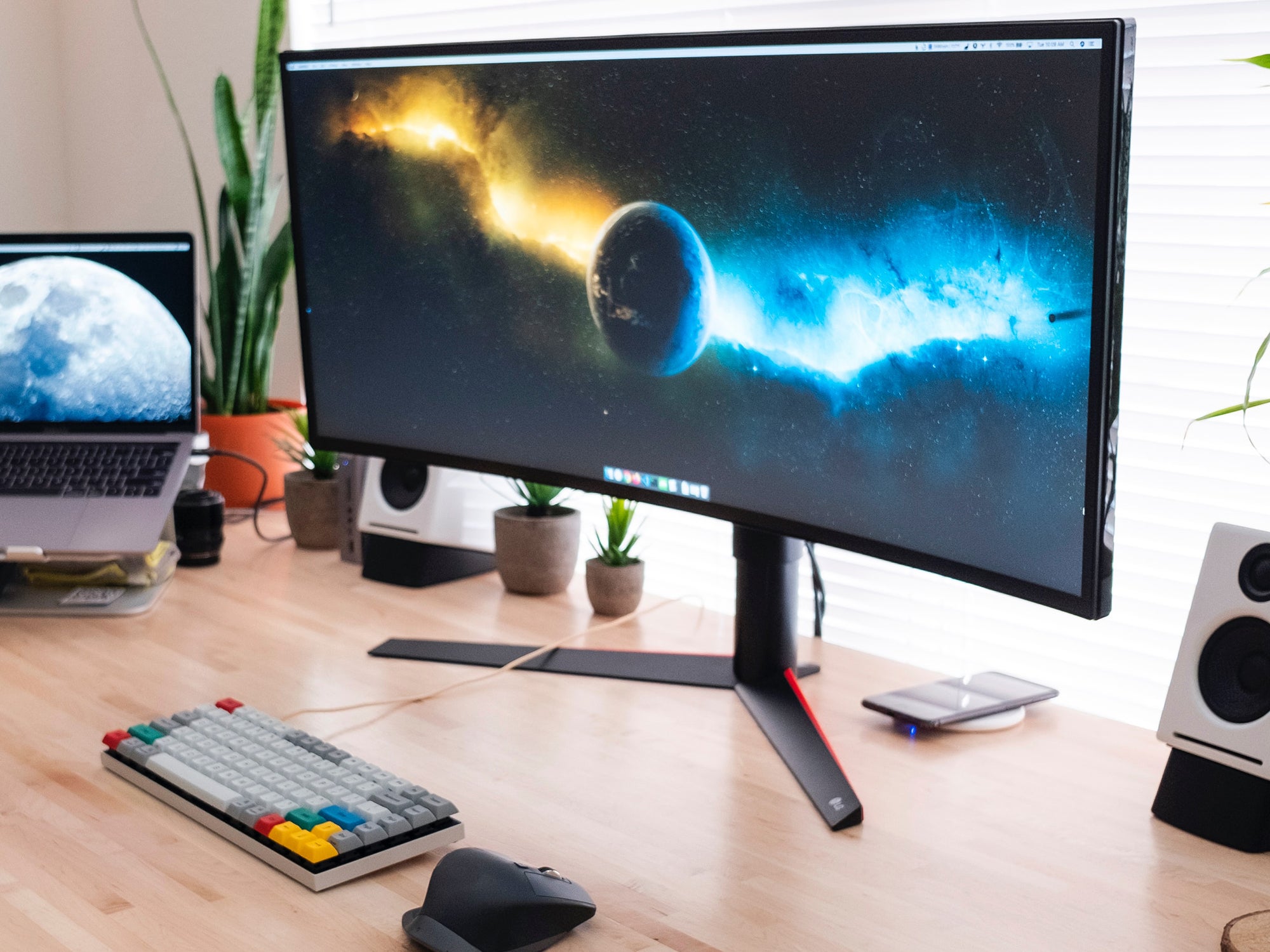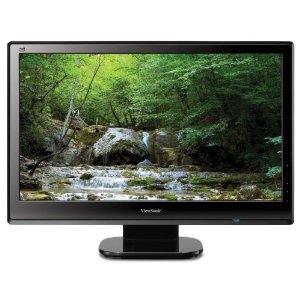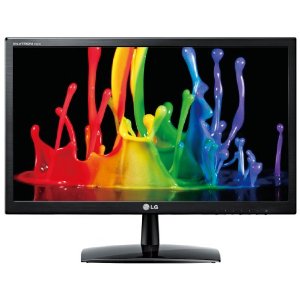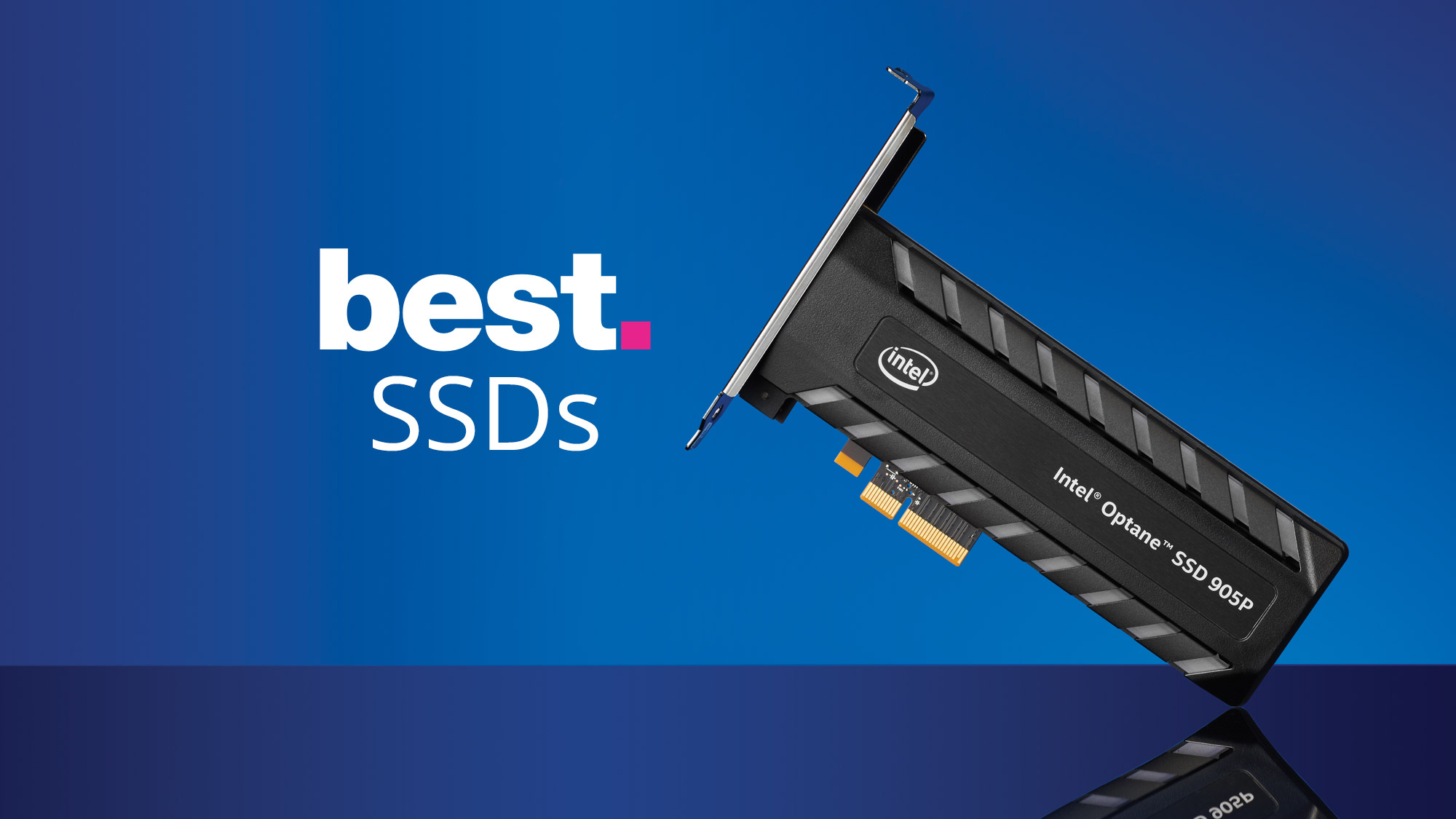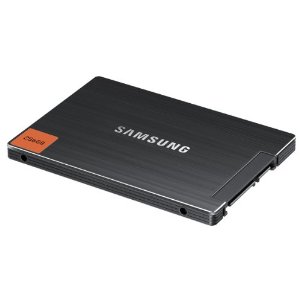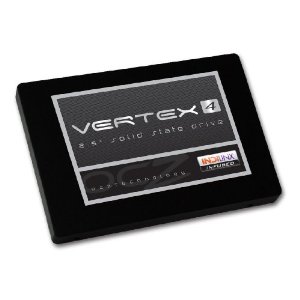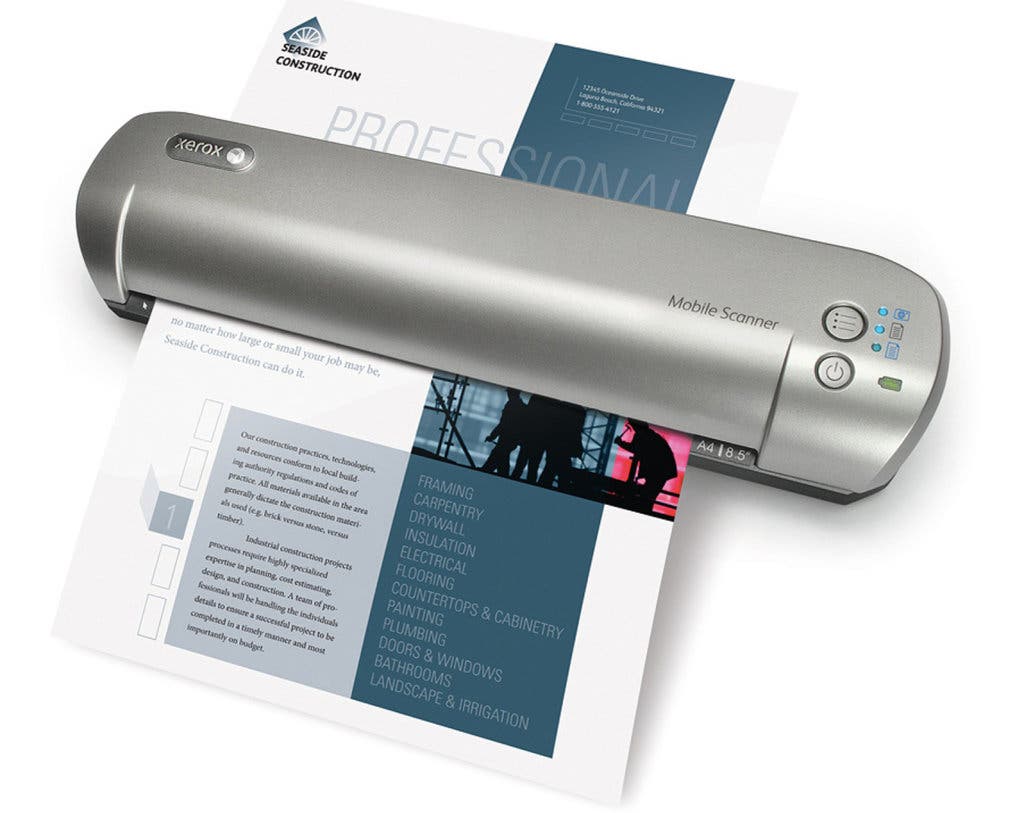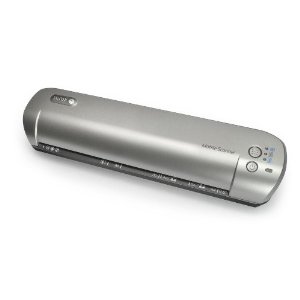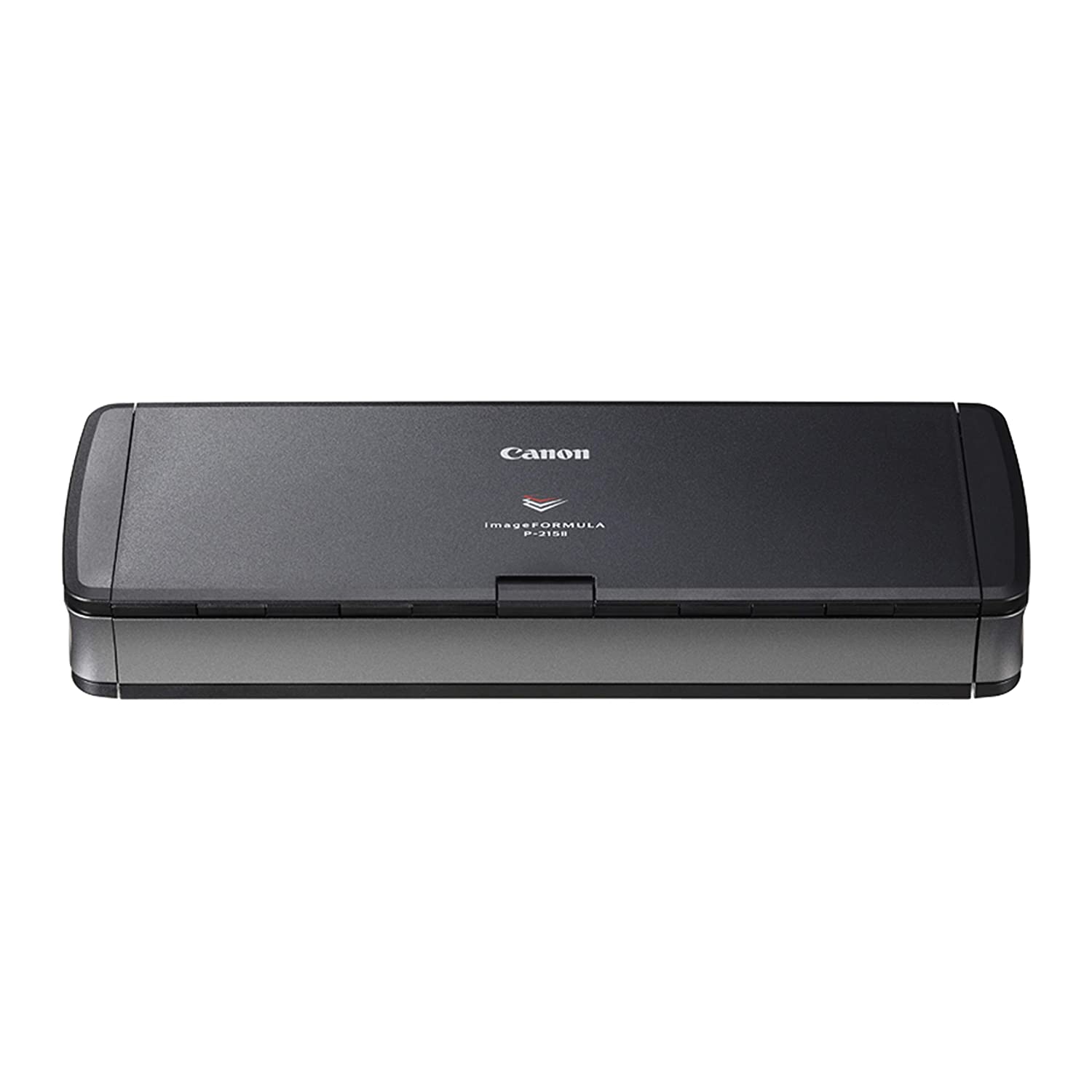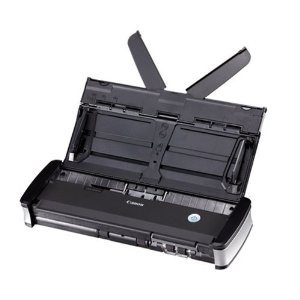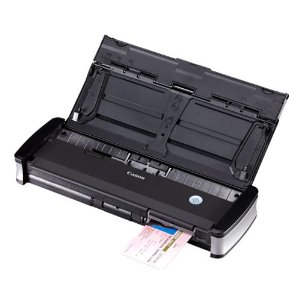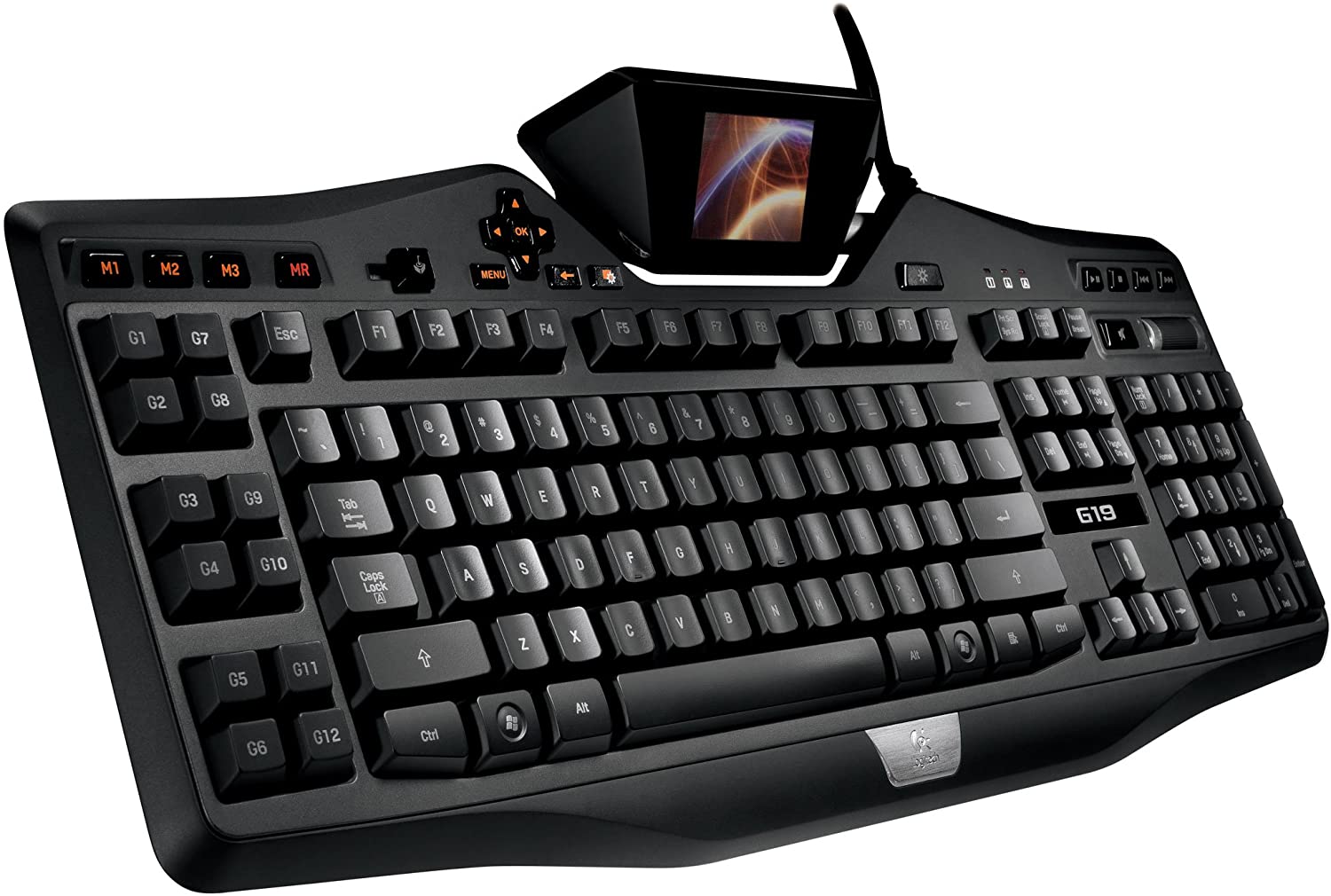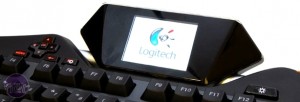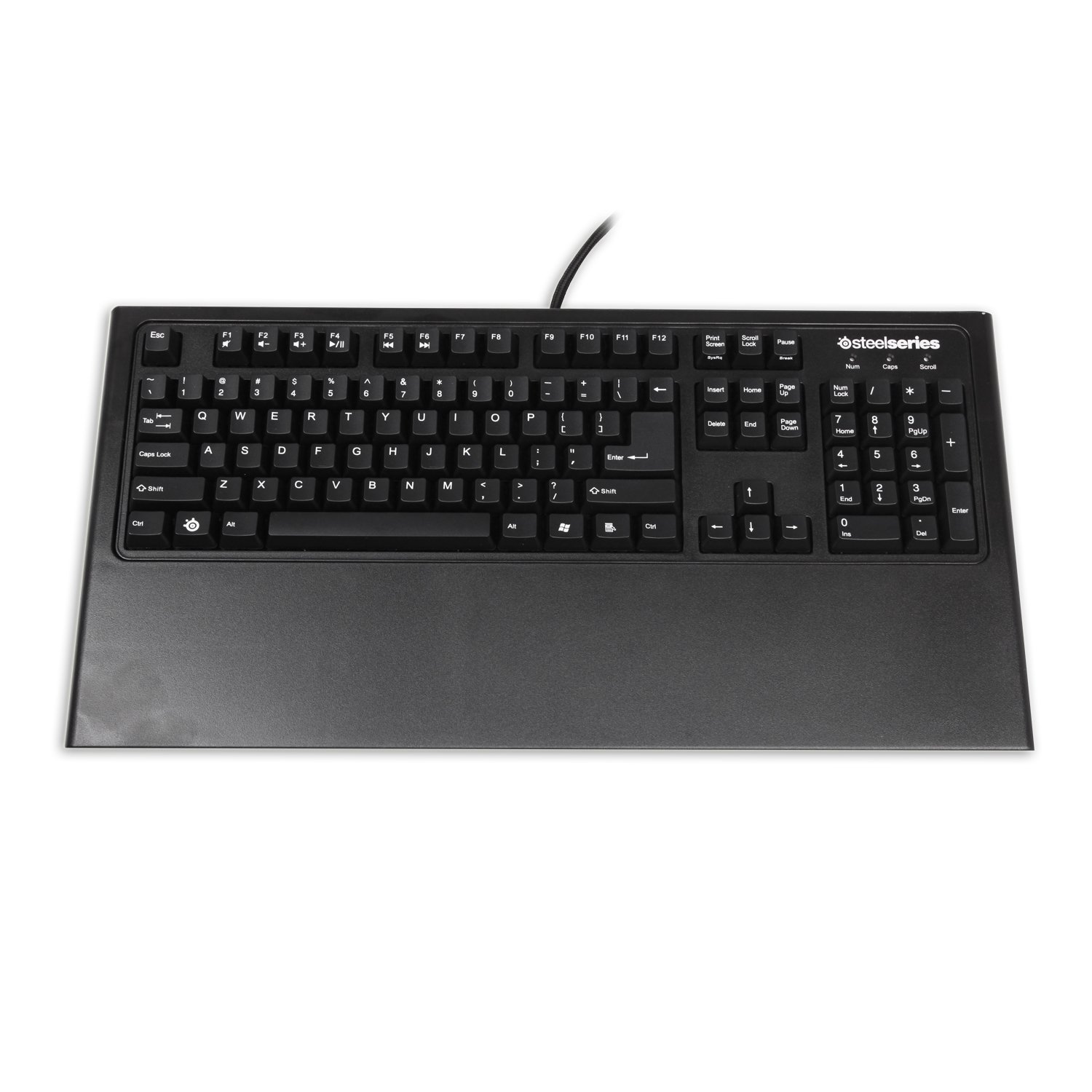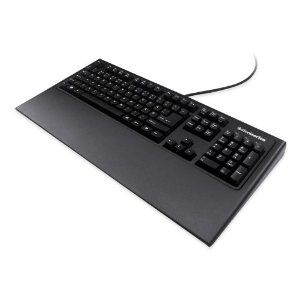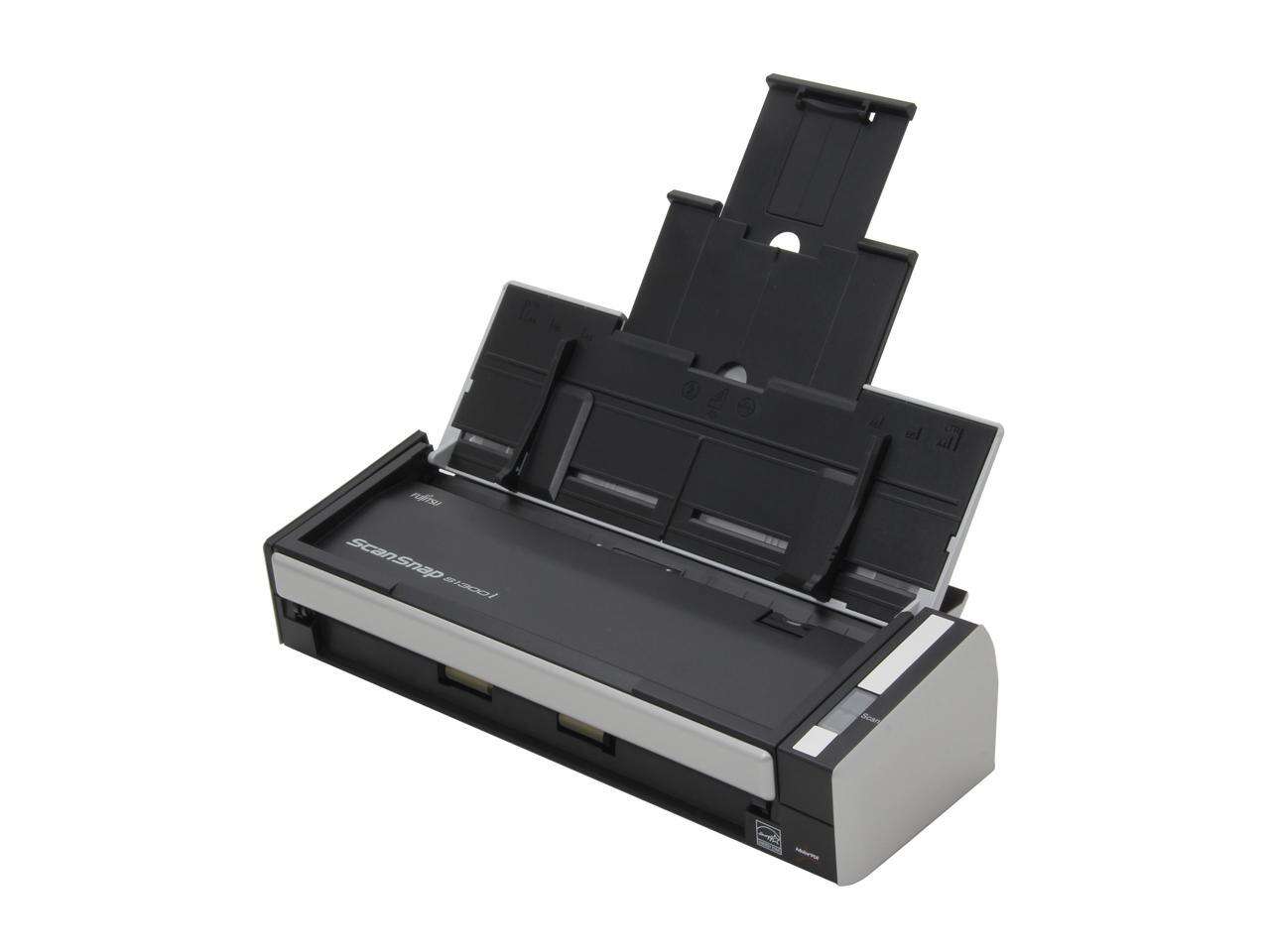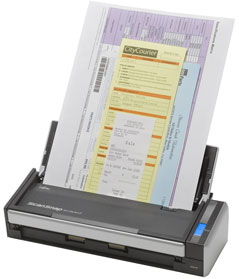3.) Valentine’s Day 2005
It was not until Feb. 14, 2005, that a very small selection of people had ever even heard of the name “YouTube.” It was discovered by former PayPal employees by the names of Chad Hurley, Steve Chen, and Jawed Karim. The concept was birthed at a dinner party in San Francisco about a year before the website’s official launch. Karim’s concept for what became YouTube derived from two fundamental events that occurred in 2004: Janet Jackson’s wardrobe malfunction at the Super Bowl, and the devastating tsunami in the Indian Ocean. These two events would be the inspiration for something big. In May 2005, YouTube officially launched its beta page.
On April 23rd, 2005, the first-ever YouTube video was uploaded. It was a video called “Me At The Zoo” and was created by one of the co-founders, Jawed Karim. The whole video is comprised of Karim standing in front of an elephant and telling the camera about its trunks. The video is literally 19 seconds long.
By September 2005, the website had its first million views on one video. This particular video was an ad for Nike that went viral. It was a brief clip of Brazilian soccer player Ronaldinho getting his pair of Golden Boots. Nike was also one of the first major companies to realize the promotional potential in YouTube. By November, YouTube had launched out of beta by December, because of one 3.5 million dollar investment in them made by Sequoia Capital one month prior. With this cash, YouTube was able to improve its servers, increase its bandwidth and be available to the public.
2.) Partnering
In February of 2006, NBC asked YouTube if they could pull a clip from Saturday Night Live called “Lazy Sunday,” which they did, and the video ended up gaining a lot of traction to the video-sharing website. YouTube gave in and in October 2007, it debuted its Content Verification Program that would work to help content owners such as NBC locate and delete videos that infringe on their copyrights.
However, a few months later, NBC had changed its way of being as most media agencies do as often as every day. Part of the deal was that YouTube would agree to promote NBC’s fall TV lineup. That deal was the spark of the beginning of many, many key partnerships with content providers later on through the years. Google saw potential in YouTube and bought into it for more than $1.65 billion. At the time Google referred to it as “the next step in the evolution of the Internet.” During this time, YouTube only had only about 65 employees.
1.) Present Day
Today, YouTube has over one million employees and is one of the leading websites in the internet. After the company invested in a live broadcast feature in 2011, it has become the key medium of watching worldwide events such as the Olympics or the presidential election campaigns. No video has topped its number one video with over 3 billions views- Gangnam Style.
pg slotpgสล็อตออนไลน์?, ทดลองเล่นสล็อต pgใหม่ล่าสุด,
เว็บไซต์สล็อตออนไลน์,
ทดลองเล่นสล็อต pg,
PG SLOT,
สล็อตออนไลน์ ,
สล็อตเว็บตรง แตกง่าย
PG slot เล่นบนมือถือ
สล็อต เว็บตรง ฝาก วอ เลท
pg slot
เว็บสล็อต
สล็อตเว็บตรง
เว็บสล็อต pg ทั้งหมด
ทดลองเล่นสล็อต
สล็อต
สล็อตออนไลน์
สล็อตเว็บตรง
pg slot
สล็อตออนไลน์ ใหม่ๆ
pg slot
viva99
viva99
viva99
viva99
viva99
viva99
viva99
viva99
viva99
viva99


